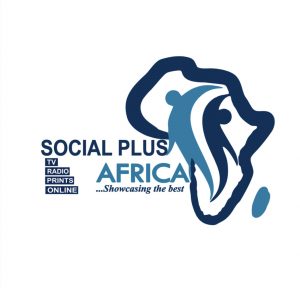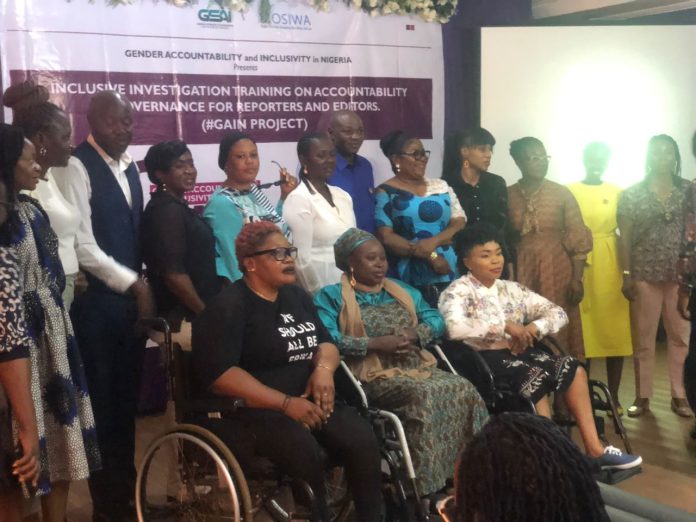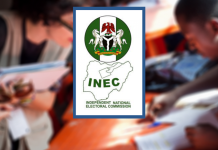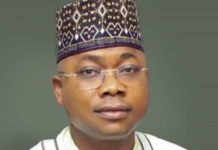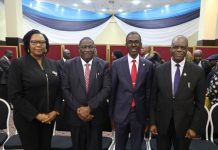The Gender Strategy Advancement International (GSAI), in collaboration with the Open Society Initiative for West Africa (OSIWA), and other partners, is advocating for the complete enforcement of the Disability Discrimination Act 2019.
This call was made during a training workshop for journalists and editors on Inclusive Investigation Training on Accountability in Governance.
The groups expressed concern over the persistent abuse, stigmatization, and discrimination against People with Disabilities (PWDs) in the country.
Mrs. Adaora Onyechere Jack, the Executive Director of GSAI, pointed out that despite the enactment of the Discrimination Against Persons with Disabilities (Prohibition) Act in 2019, which aimed to integrate persons with disabilities fully into society, marginalization remains a significant issue.
The training workshop sought to raise awareness about the Act, particularly as its trial period concludes in January 2024.
Jack stressed the importance of changing the narrative around people with disabilities, noting that many of their engagements and stories are framed negatively.
“The goal is to empower reporters to provide inclusive coverage and to remind the media that inclusive reporting is essential for a thriving democracy”. She said
Mrs Jack also highlighted the significance of data-driven research, advocacy, partnership, and gender justice in advancing the cause of inclusivity for persons with disabilities.
She encouraged the media to engage with and empower reporters to ensure they have a thorough understanding of the rights and issues concerning persons with disabilities.
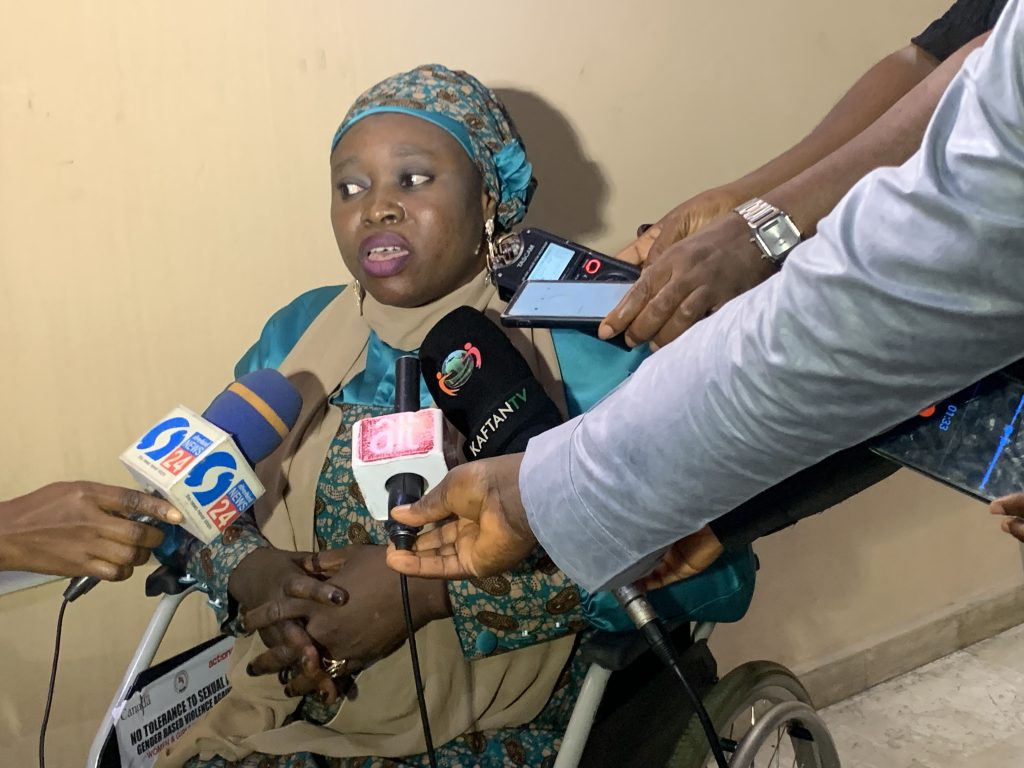
Bilikisu Yakubu, the National Coordinator of Advocacy for Women with Disabilities Initiative (AWWDI), highlighted the challenges faced by persons with disabilities, especially women.
She emphasized the need for greater involvement of women with disabilities in decision-making processes to address their specific needs.
Yakubu also called for prioritizing the 35 percent affirmative action to provide women with opportunities in government and other aspects of life.
Despite the struggles against stigmatization and discrimination, she remains optimistic about progress in the recognition and inclusion of women with disabilities.
The Discrimination Against Persons Prohibition Act, which was signed into law in 2019, is aimed at eliminating discrimination and ensuring equal opportunities for persons with disabilities.
It is designed to empower individuals with disabilities and protect them from being treated as objects of charity.
The Act is seen as a landmark in the ongoing efforts to promote inclusivity and equality for the disabled community in Nigeria.
Advocates emphasize that while progress has been made since the enactment of the Act, there is still much work to be done.
They acknowledge that there has been improvement in the treatment and inclusion of persons with disabilities, but more efforts are required to achieve a fully accessible and inclusive society.
One of the key aspects that the Act addresses is the need for accessible facilities, infrastructures, and institutions to accommodate the needs of individuals with disabilities.
The Act includes a provision for a five-year transition period, which is set to end in January 2024.
During this time, the government is expected to have made significant strides in providing inclusive transportation, schools, and employment opportunities for persons with disabilities.
This transition period is a critical phase in the journey toward full inclusivity, and advocates are calling for a swift and comprehensive implementation of the Act to meet the set goals.
